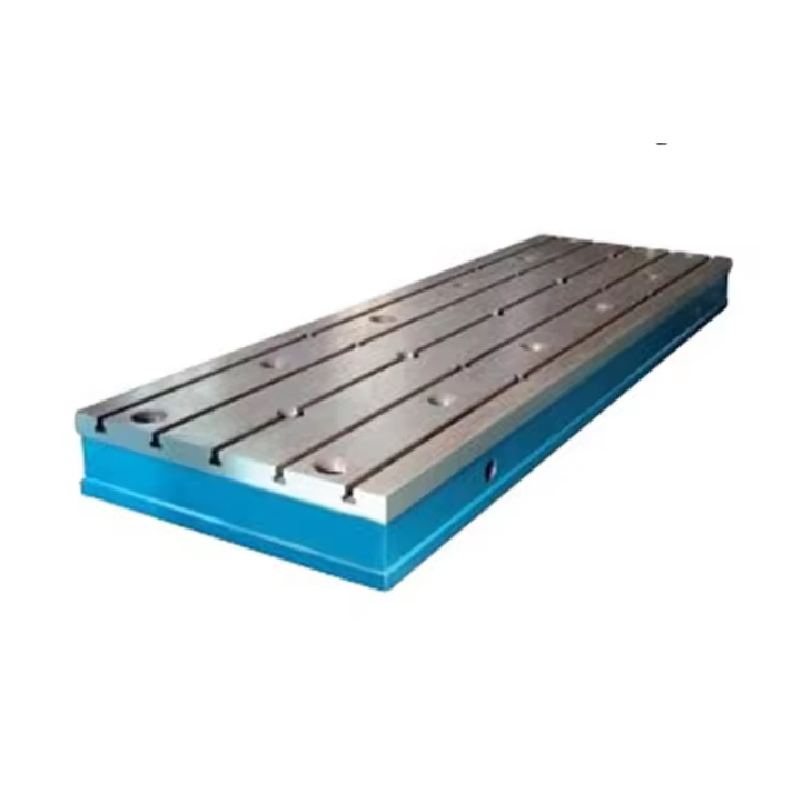Dec . 17, 2024 14:16 Back to list
bore gauge standard sizes
Understanding Bore Gauge Standard Sizes
Bore gauges, essential tools in precision engineering, are used to measure the internal diameter of cylindrical holes or bores. They are fundamental in quality control processes, ensuring components are manufactured within specified tolerances. To effectively utilize bore gauges, understanding their standard sizes is crucial for both accuracy and efficiency in measurement tasks.
What is a Bore Gauge?
A bore gauge consists of a measuring head and a probe that expands within the bore. Typically, it operates on the principle of setting a reference measurement and then using that to determine the dimensions of the bore being measured. These gauges can be dial or digital types, with digital gauges offering greater accuracy and easier reading.
Standard Sizes and Calibration
Bore gauges come in various standard sizes, tailored to measure different bore diameters. The standard sizes can vary based on industry requirements, but common ranges often include
- Small Bore Gauges These are designed for narrower diameters, usually ranging from 1.0 mm to 10.0 mm. They are pivotal in applications in the automotive and aerospace industries where small, precise components are crucial.
- Medium Bore Gauges Ranging from 10.0 mm to 100.0 mm, these gauges are the most commonly used in various industries. They are versatile, catering to a multitude of components requiring internal measurement.
- Large Bore Gauges Used for diameters over 100.0 mm, large bore gauges are essential in industries such as pipe manufacturing or heavy machinery, where large holes are frequent.
Proper calibration of bore gauges is vital. Calibration should be performed with a certified standard to ensure accuracy. Regular checks against these standards can help maintain the gauge’s precision over time, ensuring that measurements taken are reliable.
The Importance of Standard Sizes
bore gauge standard sizes

The availability of standard sizes for bore gauges simplifies the selection process for engineers and quality control professionals. When a specific bore diameter is known, selecting the appropriate gauge size becomes straightforward. This not only saves time but also ensures that the right tool is used for the job, enhancing measurement accuracy.
Moreover, having standard sizes facilitates the interchangeability of tools across different manufacturers. It allows businesses to source replacement gauges or enhancements to their measuring equipment without compatibility issues. This universality in size and function contributes to streamlined operations and reduces downtime in industrial processes.
Selecting the Right Bore Gauge
When choosing a bore gauge, several factors should be considered
1. Diameter Range Identify the bore size that your application requires. It’s essential to select a gauge that comfortably falls within this range for accurate measurements.
2. Type of Gauge Determine whether a dial gauge or a digital gauge is better suited for your needs. Digital gauges, while more expensive, can provide more detailed measurements and are often easier to use.
3. Manufacturing Quality Look for bore gauges that are well-constructed and have a reputation for durability and precision. Manufacturers often provide certifications or specifications that reveal the accuracy of their products.
4. Accessories and Features Some bore gauges come with additional features or accessories, such as extensions and storage cases. Evaluate these based on your specific measurement tasks.
Conclusion
In summary, bore gauges are indispensable tools in many industrial applications, and understanding their standard sizes is vital for accurate and effective measurements. By knowing the different size classes and selecting the appropriate gauge, professionals can enhance production quality and efficiency. Remember, regular calibration and maintenance of bore gauges will ensure that they remain reliable throughout their use. In an era where precision governs success across various industries, mastering the use of bore gauges is a skill that can lead to significant advantages in the marketplace.
-
thread-plug-gauge-our-promise-of-measurement-excellenceNewsAug.22,2025
-
gauge-pin-class-reflecting-quality-legacyNewsAug.22,2025
-
check-valve-types-for-high-rise-buildingsNewsAug.22,2025
-
water-control-valve-for-irrigation-systemsNewsAug.22,2025
-
gate-valve-with-soft-seal-technologyNewsAug.22,2025
-
y-type-strainer-for-oil-and-gas-applicationsNewsAug.22,2025
Related PRODUCTS









